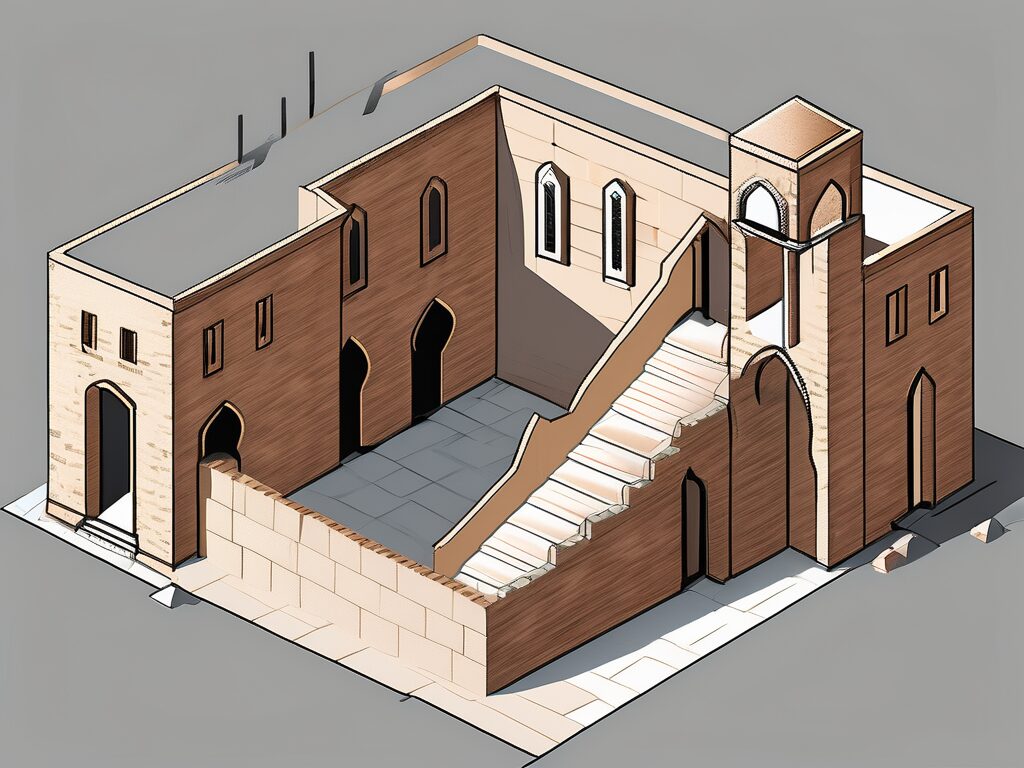The Kingdom of Saudi Arabia, a country rich in cultural heritage and natural resources, has made significant strides in various sectors over the years. However, the education sector, like in many other countries, still grapples with a few challenges. This post will delve into four major barriers that stand in the way of educational progress in Saudi Arabia.
1. Gender Inequality
Gender inequality is a global issue, and Saudi Arabia is no exception. Despite the government’s efforts to bridge the gender gap in education, disparities still exist.
Historically, the education system in Saudi Arabia was heavily skewed towards men. Women were primarily educated at home, with a focus on domestic skills. However, over the years, the government has made efforts to provide equal educational opportunities for both genders.
Today, more women than ever before are pursuing higher education in Saudi Arabia. However, the journey to gender equality in education is far from over. Women still face societal and cultural barriers that limit their educational opportunities. For instance, some families still prefer to invest in the education of their male children, leaving the female children at a disadvantage.
Comparing with the West
When compared to Western countries, where gender equality in education has been largely achieved, the gender gap in Saudi Arabia’s education system is more pronounced. However, it’s worth noting that the country has made significant progress in recent years, and the gap is gradually closing.
2. Quality of Education
The quality of education in Saudi Arabia is another significant challenge. While the country has made substantial investments in education, the quality of education remains a concern.
One of the main issues is the overemphasis on rote learning, which limits the development of critical thinking skills. The curriculum is heavily focused on memorisation, leaving little room for creativity and problem-solving. This approach to education does not equip students with the skills needed to thrive in the 21st century.
Furthermore, there is a lack of qualified teachers in the country. This is partly due to low salaries and poor working conditions, which discourage many from pursuing a career in teaching. As a result, the quality of instruction suffers.
Comparing with Asian Countries
When compared to Asian countries like Singapore and Japan, which are renowned for their high-quality education systems, Saudi Arabia has a long way to go. These countries place a strong emphasis on critical thinking and problem-solving skills, which are crucial for success in today’s world.
3. Access to Education
Access to education is another significant barrier in Saudi Arabia. Despite the government’s efforts to increase access to education, many children, particularly those in rural areas, are still out of school.
Infrastructure is a major issue in these areas. Many rural schools lack basic facilities such as electricity, running water, and adequate classrooms. This makes it difficult for children to learn in a conducive environment.
Moreover, the distance to schools is a major hindrance for many children. Some have to travel long distances to get to school, which can be both physically exhausting and time-consuming.
Comparing with Developed Countries
When compared to developed countries, where access to education is almost universal, the situation in Saudi Arabia is quite different. However, the government is making efforts to improve access to education, particularly in rural areas.
4. Curriculum Relevance
The relevance of the curriculum in Saudi Arabia is another major challenge. The current curriculum is heavily focused on religious and Arabic studies, with little emphasis on science, technology, engineering, and mathematics (STEM) subjects.
This imbalance in the curriculum does not prepare students for the demands of the modern job market. As a result, many graduates struggle to find employment, leading to high levels of youth unemployment.
Furthermore, the lack of emphasis on STEM subjects hinders the country’s ability to innovate and compete in the global economy.
Comparing with Western Countries
When compared to Western countries, where STEM subjects are heavily emphasised, the curriculum in Saudi Arabia is somewhat lacking. However, the government has recognised this issue and is making efforts to reform the curriculum.
In conclusion, while Saudi Arabia has made significant strides in education, there are still several barriers that need to be addressed. By tackling these challenges head-on, the country can ensure that all its citizens have access to quality education, regardless of their gender or location.
Overcome Educational Barriers with IPGCE
Understanding the challenges faced in the Saudi education sector, IPGCE presents an opportunity for educators to enhance their qualifications and overcome these barriers. With our International Postgraduate Certificate in Education, you will not only increase your chances for interview callbacks by 50% but also gain the necessary skills to adapt to global education systems, making you 65% more adaptable. Join a community that boosts professional connections by 300%, experience a 45% boost in promotion rates, and enjoy the flexibility of online study options tailored for working teachers. Don’t let stringent qualifications or limited career progression hold you back. Join the UK’s #1 Teacher Training Course today and take the next step in your professional development.

